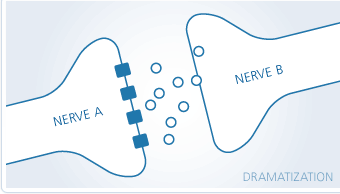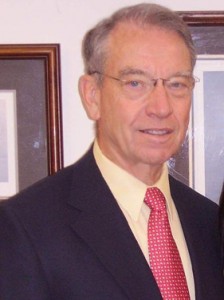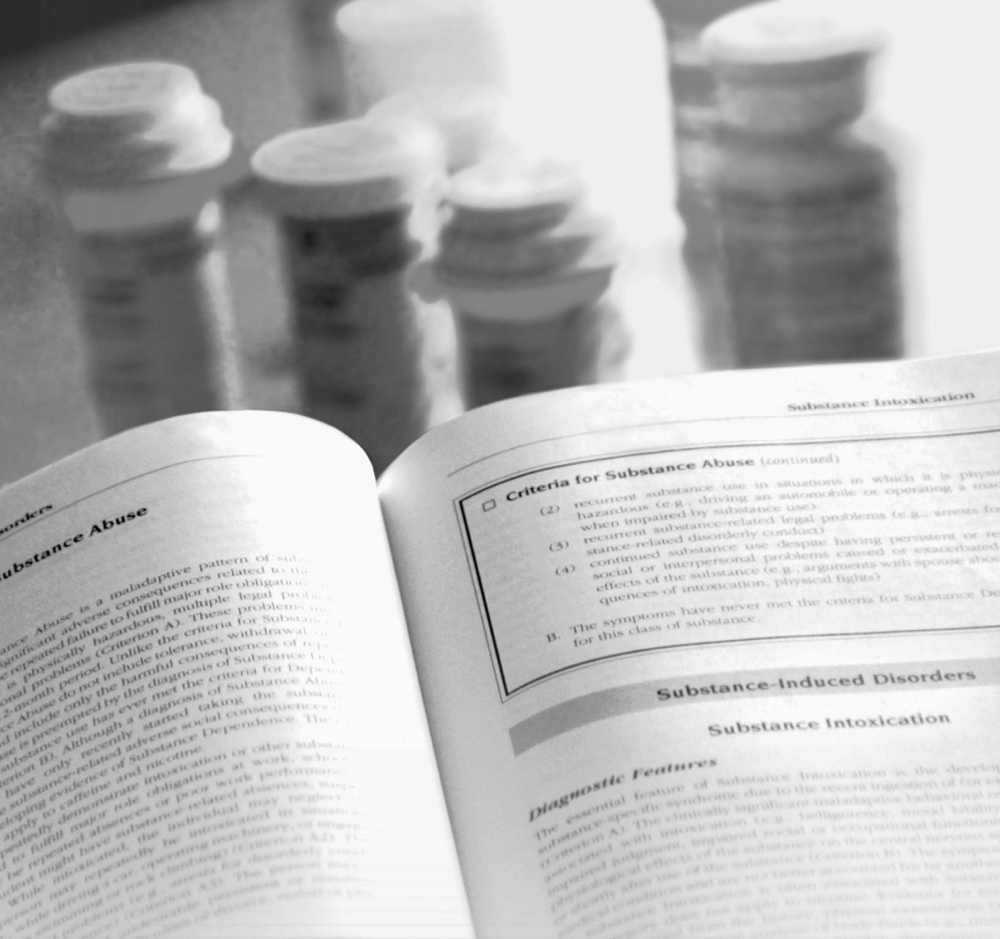
What Benefit? Antidepressants & The Placebo Effect—60 Minutes Exposes the Facts
We all know about the placebo effect. But a Harvard Medical School professor has applied the same theory to antidepressants and his findings are likely to rile drugmakers. Why? He filed Freedom of Information Act requests to obtain unpublished clinical trial data and found that, when combining results with published data, the various antidepressants were no better than dummy pills.
“These are the studies that show no benefit of the antidepressant over the placebo. What they did was they took more successful studies – they published most of them – and they took their unsuccessful studies, and they didn’t publish that…. If they were mildly or moderately depressed, you don’t see a difference at all. The only place where you get a clinically meaningful difference is at these very extreme levels of depression,” Irving Kirsch tells 60 Minutes.



